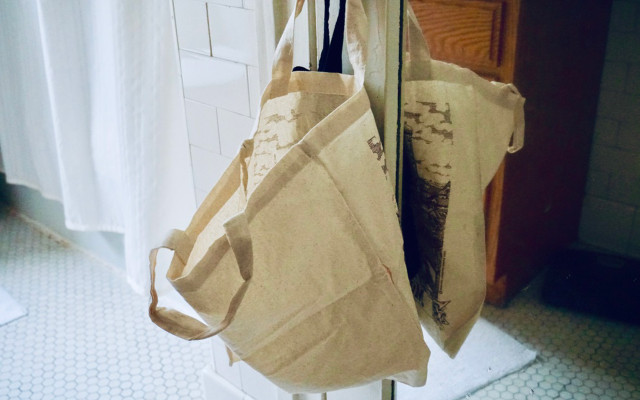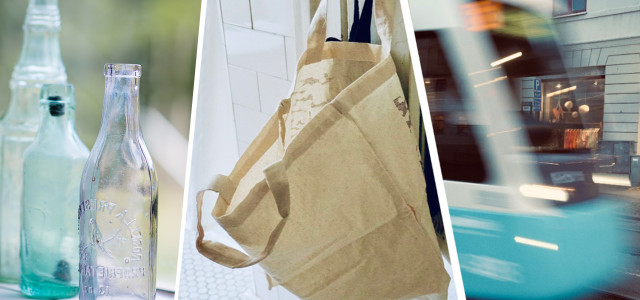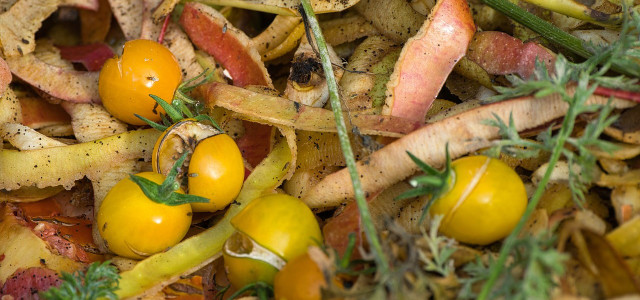Ready to live a greener lifestyle? Learn how to be more sustainable and reduce your environmental footprint with these 6 beginner-friendly steps.
In today’s world, sustainability has become a crucial issue that affects the planet’s future. Living sustainably means making choices that reduce our negative impact on the environment and preserve natural resources for future generations. But with so much information out there, it can be overwhelming to know where to begin. That’s why we’ve put together this beginner’s guide to how to be more sustainable.
We’ll take you through six simple yet effective steps to help you reduce your carbon footprint and learn how to live more sustainably. They’ll help you start small and make a big impact.
1. Eat Less Meat and Fewer Animal Products

You don’t have to cut meat and animal products from your diet entirely. Buying less and investing the difference in better quality food products can have a big impact. Consuming less milk and cheese, fewer eggs and, above all, less meat and fish leads to fewer of the horrors related to factory farming and reduces your carbon footprint. Adding vegetarian or vegan meals to your repertoire can be healthy and delicious.
Going vegan isn’t the only option — the benefits of going vegetarian are also wide-ranging. Cooking and baking without animal products once in a while is easy and sustainable. A flexitarian diet is a simple first step, as is a pescatarian diet, depending on your preferences. Keep in mind these “diets” don’t restrict calories or food intake, just what you choose to eat or avoid.
2. How to be More Sustainable: Drink Tap Water



Why do you buy water in plastic bottles? It’s expensive and unnecessary. Plastic water bottles and plastic packaging contribute substantially to the mass amounts of plastic in the ocean. Become more sustainable by drinking tap water. And go plastic free by carrying a reusable water bottle around with you — take a look at our favorite eco-friendly water bottles if you’re looking for a new one.
Purging plastic bottles from your daily routine is an easy way to be more sustainable. And it is healthy, too. Tap water is highly regulated and typically better quality than bottled water. And tap water is unbeatably cheap!
3. Buy Nothing and Make it a Habit



Do you often buy new clothes, even though your closet is full of things you’ve rarely worn? Do you need the newest smartphone, even when your old one works fine? How often do you spend money on things you actually don’t need? If you want to learn how to be more sustainable, step one is practicing conscious consumerism, asking, “Do I Even Need This?” and ultimately leaving what you don’t need at the store.
Buying nothing doesn’t cost a dime, saves time, can help to reduce stress and requires absolutely no resources. Buying less is the simplest form of sustainability. Check out these everyday tips and tricks for How to Consume Less: 7 Steps to Greater Independence for a nudge in the right direction.
Utopia’s tip: If you don’t want to fall victim to trend shopping and buying fast fashion, try adopting a minimalist wardrobe or looking into the zero-waste lifestyle.
4. How to Live Sustainably: Use Less Energy



Saving energy around the house is an important part of learning how to be more sustainable. Energy use is one of the largest sources of greenhouse gas emissions, which contribute to the warming of the planet.
Simple first steps include switching to energy-efficient LED light bulbs, and turning off electronics when not in use to avoid vampire power. Turn off lights when you leave the room, learn how to keep a room cool without air conditioning and buy a programmable thermostat. Adjustable thermostat settings for winter save considerable energy and money, which brings us to…
In addition to the environmental benefits, saving energy also saves you money on energy bills. By making simple changes to the way we use energy in our homes, we can reduce our energy consumption and lower our monthly bills.
For more information, read our guide 10 Proven Energy Saving Tips to Save Money.
5. Be Mindful of Food Waste
Humans waste roughly 1.3 billion tons of food every year, making reducing food waste a crucial aspect of living sustainably. When we waste food, it contributes to the production of methane gas in landfills, which is a potent greenhouse gas that contributes to climate change. Additionally, food waste irresponsibly squanders resources like water, fertilizer and energy that go into producing, processing and transporting it.
Here are simple ways to avoid food waste:
- Start meal planning.
- Store food correctly to extend its shelf life.
- Compost properly by learning how composting works, what you can compost and what you can’t, and how to compost in small spaces if you don’t have a garden.
For more ideas, read our guide 10 Pro Tips for Reducing Food Waste.
6. How to be More Sustainable: Just Do It Already



Buy more organic groceries; start drinking fair trade coffee. Buy your jeans from sustainable jean brands, try zero-waste deodorant or homemade deodorant, or simply carry a tote and practice plastic-free shopping at the store. Buy less and invest the difference in quality. Have a look around a second-hand shop or online thrift shop for vintage treasures or to sell your own items. Grow vegetables at home and learn how to grow them from scraps. Keep your car parked and travel by bike.
There are so many ways to become more sustainable. Don’t be afraid, and remember you don’t have to be perfect.
Trying to figure out how to be more sustainable on a budget? Here’s how: 10 Everyday Green Living Ideas: Sustainability on a Shoestring Budget.
Want to learn more about sustainability and the environment? Follow us on Instagram or Twitter!
Read more:
- 12 Habits and Products to Ban From Your Bathroom
- How to Clean a Microwave with Vinegar, Lemon & Other Natural Cleaners
- The Pros and Cons of Off-Grid Living
Do you like this post?









